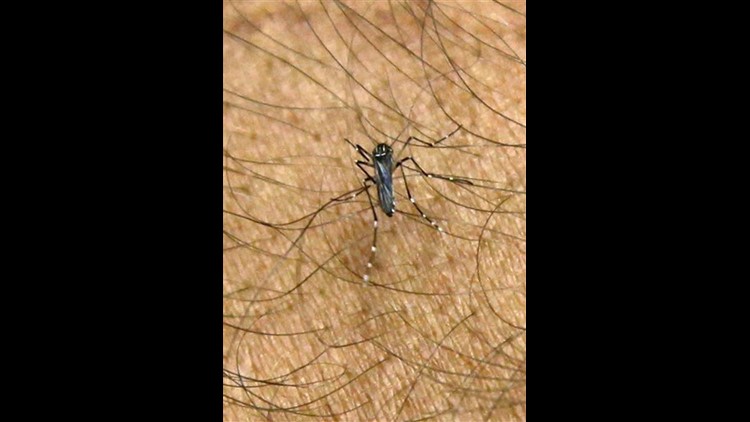The Zika virus “is now spreading explosively” around the Americas, the head of the World Health Organization said Thursday, calling the level of alarm over the disease “extremely high.”
“The level of concern is high, as is the level of uncertainty,” WHO Director-General Dr. Margaret Chan told her organization’s executive board members. “We need to get some answers, quickly.”
The mosquito-borne disease is now in “23 countries and territories in the region,” according to Chan. While it’s been around in some form for decades, alarms have been raised only recently about Zika’s suspected connection with “birth malformations and neurological symptoms.”
The World Health Organization has no current plans to urge women in areas being hit hard by Zika virus to not get pregnant, WHO official Dr. Bruce Aylward said Thursday. Aylward said that the agency’s current advice to women who want to get pregnant will focus on not getting bitten by mosquitoes that carry the disease.
There have been 31 documented “travel-associated cases” of the Zika virus in 11 U.S. states and the District of Columbia — meaning people who contracted the virus in other countries and then traveled to the United States — this year and last, CDC official Dr. Anne Schuchat said Thursday. Laboratory tests have confirmed 19 cases of Zika virus in Puerto Rico and one in the U.S. Virgin Islands, Schuchat added.
“Arrival of the virus in some places has been associated with a steep increase in the birth of babies with abnormally small heads and in cases of Guillain-Barre syndrome,” Chan explained.
After being first detected in 1947 in a monkey in Uganda, Zika was most often found along the equator from Africa into Asia. Nine years ago, new cases popped up in islands in the Pacific Ocean.
Last year, it made its way to the Americas — with already devastating results.
The number of cases there has grown exponentially, prompting significant public health measures aimed at curbing it and protecting those most endangered by it, particularly women who could become pregnant or who already are.
Chan called an emergency committee meeting to convene February 1 in Geneva, Switzerland, to talk about what health officials worldwide should do about the Zika virus.
U.S.-based researchers Daniel Lucey and Lawrence Gostin had called for just such a meeting in an article published Wednesday in the Journal of the American Medical Association, criticizing the World Health Organization for not stepping up sooner.
“The very process of convening the committee would catalyze international attention, funding, and research,” Lucey and Gostin wrote. “While Brazil, PAHO, and the CDC have acted rapidly, WHO headquarters has thus far not been proactive, given potentially serious ramifications.”



